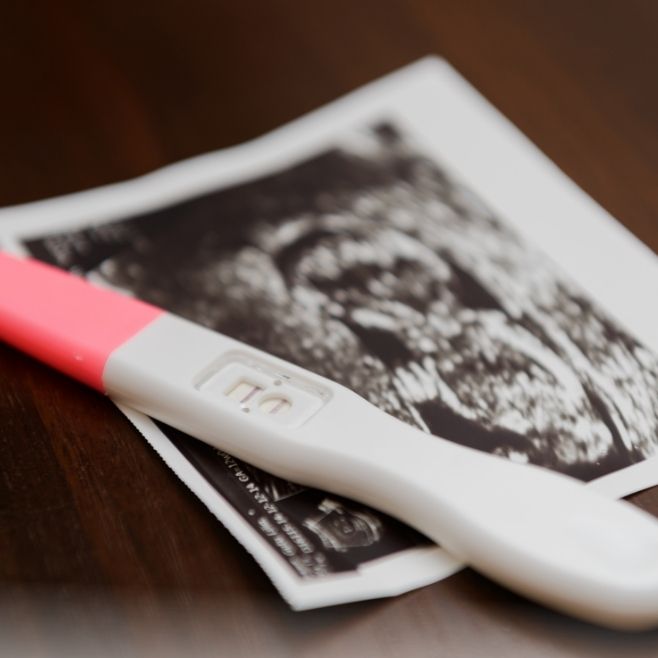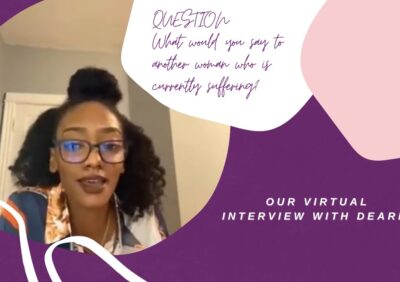
My Story Is Ongoing
My name is Jasmine, and I’ve had two surgeries for fibroids. Now my doctor wants to perform a third, but I’m refusing. After everything I’ve been through, my body feels botched, and if the fibroids returned twice, I won’t put myself through another operation just because it’s the default option.
I’ve had a myomectomy, a D&C (dilation and curettage), and a laparoscopy. The second surgery was supposed to be only a laparoscopy, but during the procedure the surgeon approached my husband and asked for permission to do a myomectomy—and he agreed under pressure. Since then, I’ve been in and out of hospitals almost every month. I’m choosing a different path now. I don’t believe surgery and pain meds are the only answers.
I’m not defeated. My faith keeps me standing. I believe God is moving, and even if I don’t feel it yet, I am healed.
What I’ve Tried So Far
-
Myomectomy: A procedure to remove fibroids while attempting to preserve the uterus. Helpful for many—but in my case, the fibroids came back.
-
D&C: A procedure often used to manage bleeding or obtain uterine tissue. It didn’t solve my underlying fibroid issues.
-
Laparoscopy: Minimally invasive surgery using small incisions. Again, not a lasting solution for me.
I’m sharing this because too many of us feel pushed into the same cycle: pain, ER visits, surgery, repeat. If you’re there right now, I see you.
Why I’m Saying “No” to a Third Surgery
-
Recurrence matters. Fibroids can return after surgery. For some of us, repeating the same approach doesn’t change the outcome.
-
Informed consent is non-negotiable. Decisions shouldn’t be made mid-procedure without the patient’s clear consent and understanding of risks.
-
Quality of life counts. Constant recovery, side effects, and hospital stays take a toll—physically, emotionally, and financially.
-
I want options, not ultimatums. I’m exploring comprehensive care plans that look at hormones, lifestyle, non-surgical options, and whole-person support.
Important: Your body, your medical history, your goals. Get multiple opinions and a care plan that aligns with what you value most—fertility, recovery time, symptom relief, or all of the above.
Questions I Now Ask Every Provider (So You Can, Too)
-
What are all my options (surgical and non-surgical), and who is the right candidate for each?
-
What is the likelihood of recurrence with each option?
-
What are the risks, recovery time, and impact on fertility?
-
If we’re considering surgery, what decisions might come up during the procedure—and how will consent be handled?
-
How will pain be managed without over-reliance on narcotics?
-
What’s the follow-up plan to prevent or catch recurrence early?
The Emotional & Spiritual Side (That Clinics Often Miss)
Fibroids don’t only change your body; they can shake your identity, your relationships, and your faith. I’ve felt scared, angry, and exhausted—then deeply grounded by prayer and community. If that’s you, you’re not weak. You’re human.
-
Find a support group (online or local).
-
Bring a patient advocate or loved one to appointments.
-
Keep a symptom journal to track what’s working.
-
Seek a clinician who listens—if they don’t, consider a second opinion. Your symptoms and education matters.







